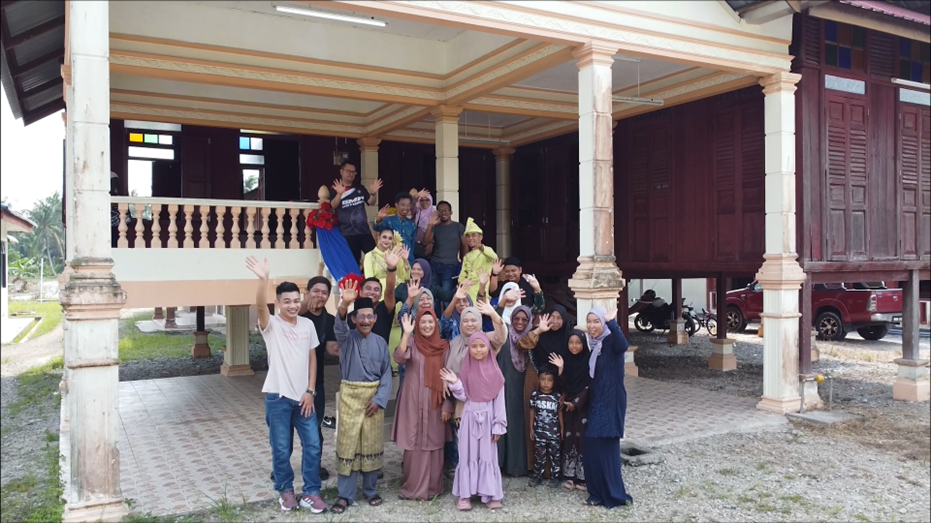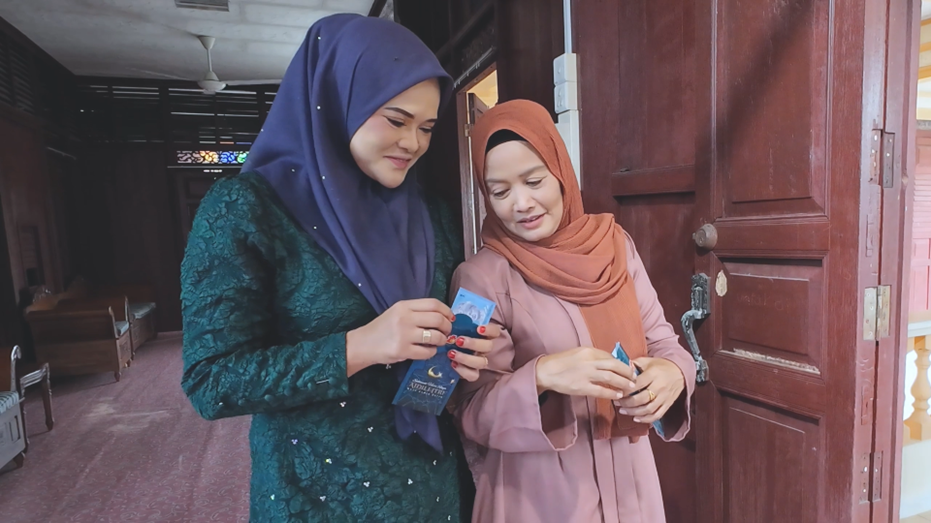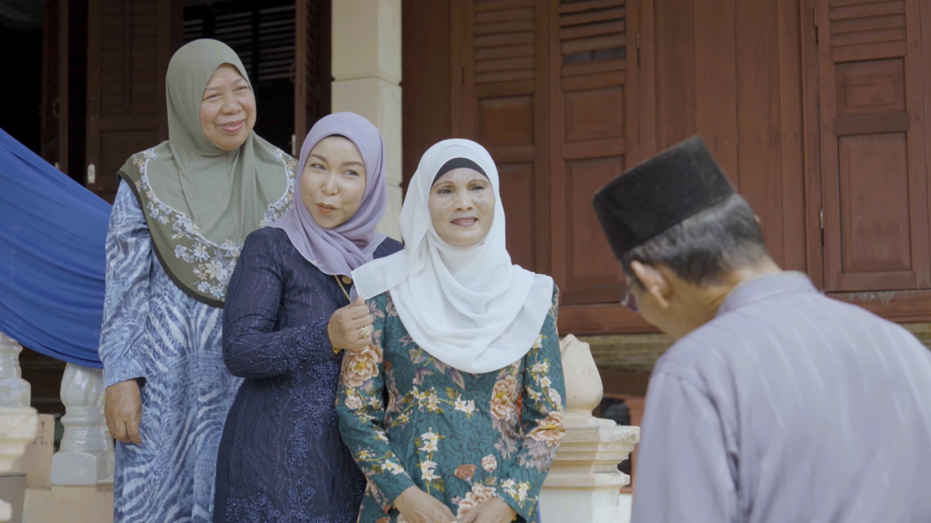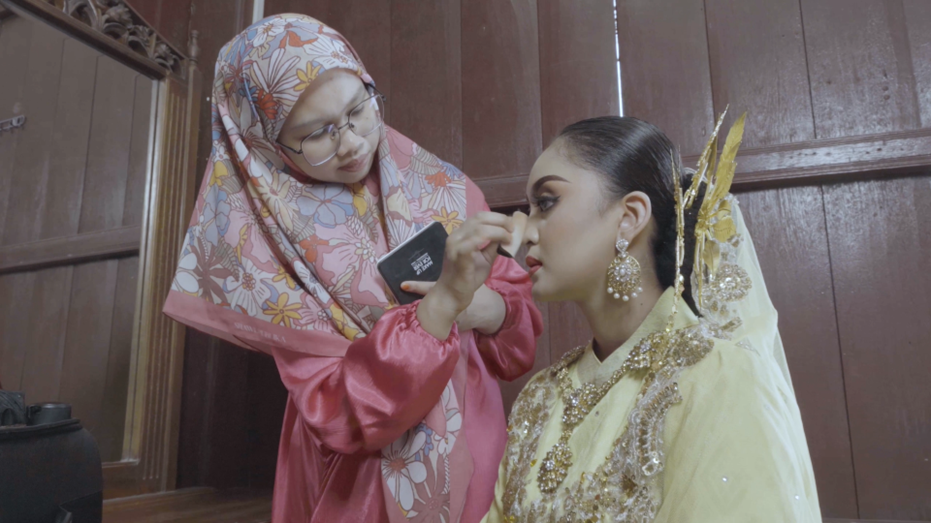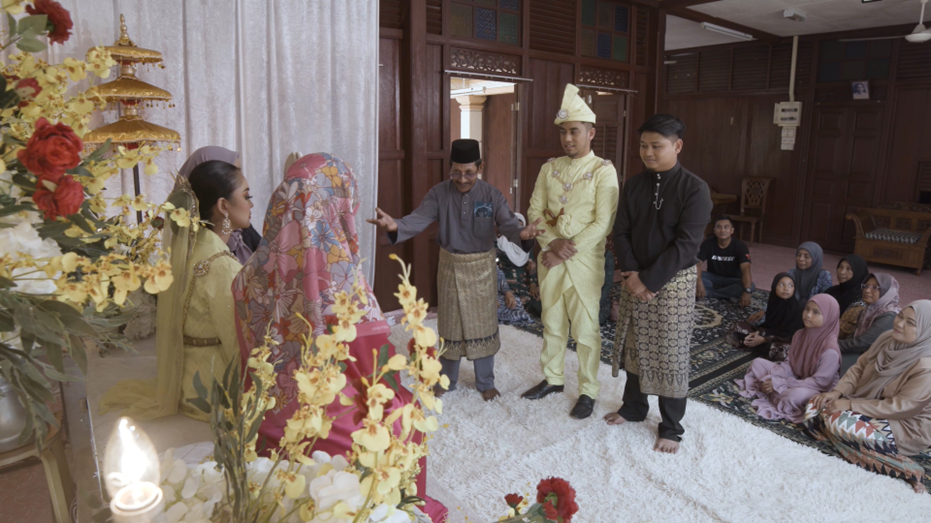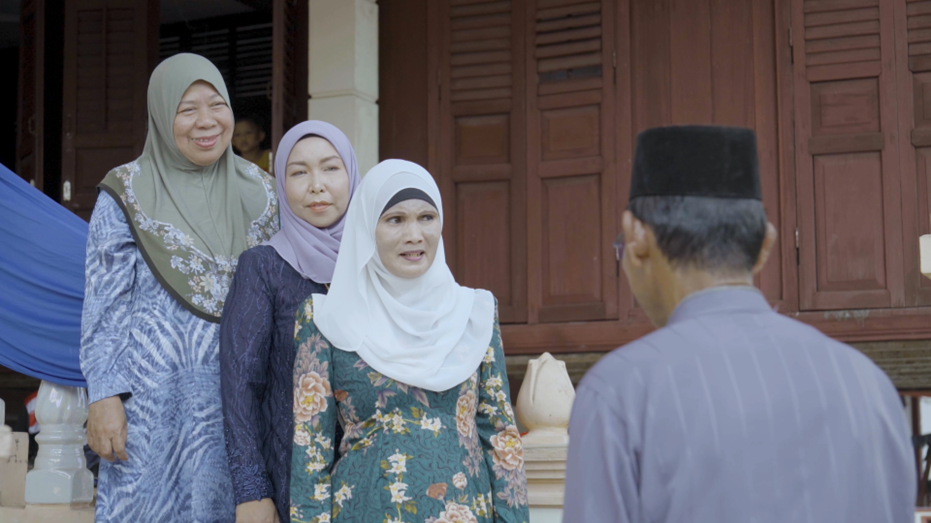ARTS AND CULTURE INFORMATION GATEWAY
Immerse yourself in the colorful world of art and culture! From traditional heritage to contemporary works, discover uniqueness that reflects the nation's identity and identity
ADAT BAYAR TOL PERKAHWINAN
Picture
16
Video
Available
Today's Visitor
69
Number of Visitors
1954
Introduction and history
The custom of payment (lately called tolls), as a form of entertainment, to the bride’s relatives is practised at Malay weddings in Johore. The bridegroom will hand money to the representatives of the bride when he is about to sit with her on the dais. In fact, this is a much-anticipated practice when one attends a wedding in Johore, as the acts of forbiddance (from sitting with the bride) and paying (to be able to sit with the bride) provides great pleasure and glee.
This tradition offers warmth and laughter, fostering ties between the bride and groom's families. Before ascending the wedding dais, the groom is forbidden from sitting with the bride until a certain amount of money is paid to the representative of the bride's family. The amount of money traditionally begins with fifty cents and a ringgit or more, subject to the stature of the groom.
This custom is an entertainment that helps strengthen the relationship between the groom and bride’s family and those attending the wedding. The exchange of wits and handing of notes and coins are filled with laughter as jokes are cracked each time the money is being asked or given.
Envelopes containing money.
The groom needs to have a witty and skillful best man in reciting the pantun (traditional Malay poetry) in order to ease the money gifting.
There are three stages in the adat bayar tol, namely:
1. Dispensing the money to the children, elderly and guests as the groom enters the compound of the house.
2. Dispensing the money to the young ladies, friends, and relatives of the bride at the entrance of the house/before the bridegroom ascends the wedding dais.
3. Handing the money to the ’mak andam’ for her to remove the fan covering the bride's face. When the money is paid, the groom is allowed to sit with her.
Reference Source
i. Bahan
Bacaan : Adat Perkahwinan Melayu,
Sabariah Abdullah, Selangor, Percetakan Century Intelek
Location
State JKKN Contact Information
Puan Norazlina binti Othman
Cultural Officer
Jabatan Kebudayaan dan Kesenian Negara, Johor
Aras 6 Kiri, Wisma PERKESO
No 26, Jalan Susur 5
Off Jalan Tun Abdul Razak, Larkin
80200 Johor Bahru
JOHOR DARUL TAKZIM
07-224 8270 / 223 1249
Use the form below to contact the Informant/Figure/Editor/Researcher directly. We will respond to your inquiry as soon as possible!

 Sangkar Dua Kecil, Ayer Baloi, Pontian, Johor
Sangkar Dua Kecil, Ayer Baloi, Pontian, Johor
